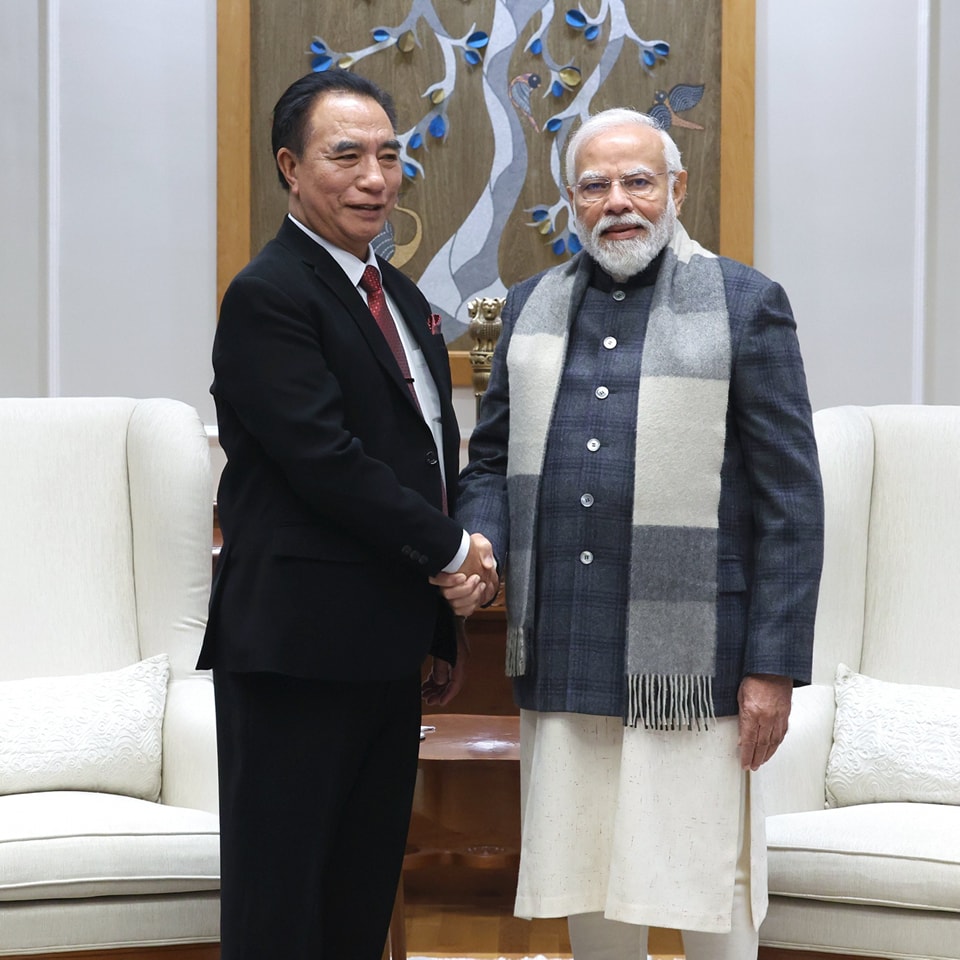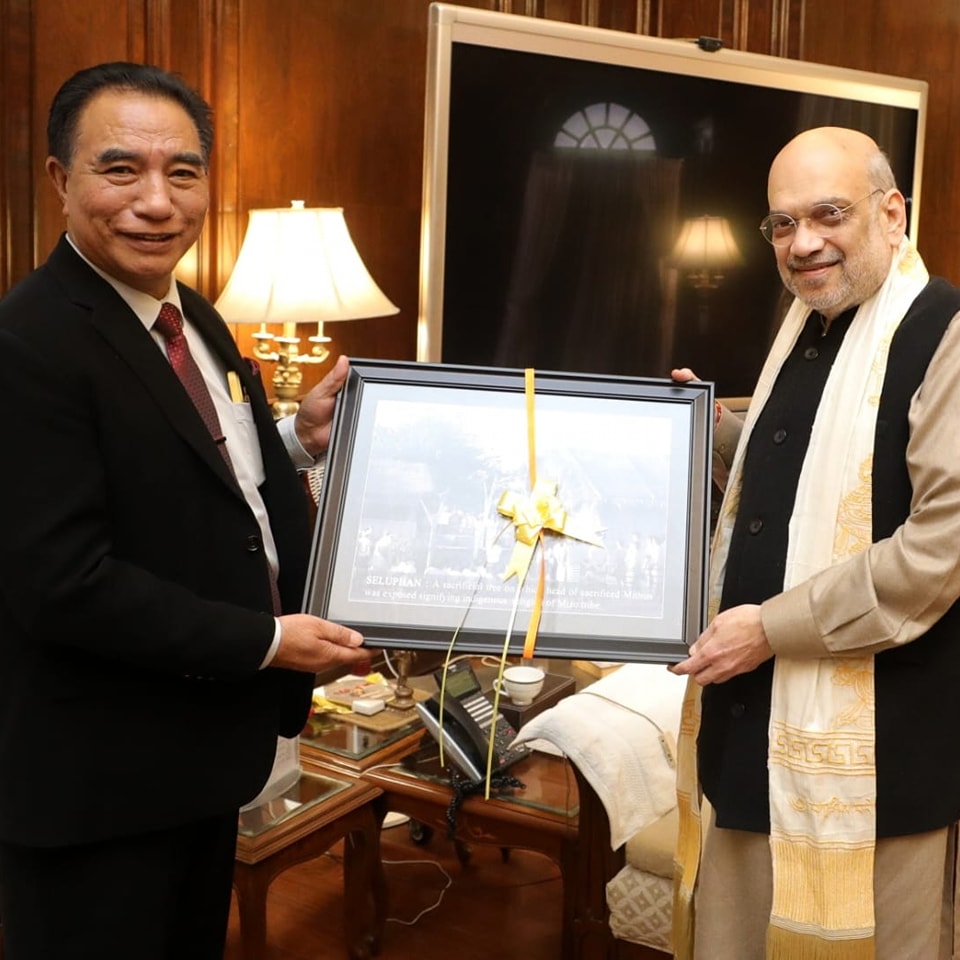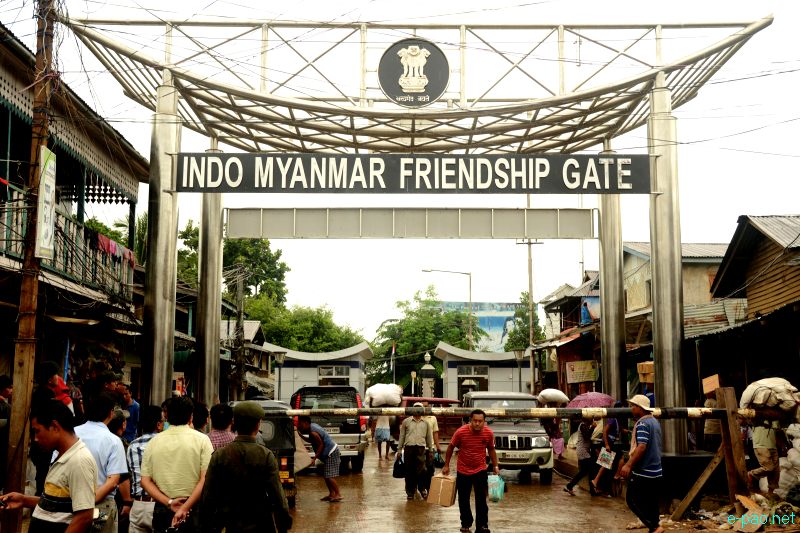The Indian Express reported that the Indian central government’s home minister had instructed the Burmese refugees in Mizoram not to return home until they return to normalcy, and that the new state’s chief minister would continue to help and support the refugees, The Indian Express reported on January 6 after returning from Delhi.
The new Chief Minister of Mizoram, Pu Lalduhoma said, “Even though the central government cannot accommodate the people of Myanmar to refugee status, We are ready to cooperate with them and carry out relief work for them,” he said at a press conference on Saturday after his return from Delhi.
During a meeting with Minister Amit Shah in Delhi on Thursday, Shah said in a statement that he discussed with Pu Lalduhoma the issue of collecting information on foreigners, which had been denied by the previous state government. “I want the people of Mizoram to know that the central government will not send back Myanmar citizens who are seeking asylum in the country until normalcy returns there,” Shah was quoted as saying in the statement.
According to authorities, more than 31,000 Burmese Chins have sought asylum in Mizoram since the 2021 military coup. Also, more than 9,000 displaced people from Manipur are taking shelter in Mizoram. The Chin tribes and the Kuki / Zo people have tribal ties to the local Mizo people. “We will help the people who were forced to leave their homes due to ethnic conflicts in Manipur with the support of the central government,” Pu Lalduhoma said at the press conference.
It is reported that the Home Minister and Pu Lalduhoma also discussed the Mizoram State Household Registration Bill, which is awaiting approval from the current President of India. The bill, passed in March 2019, aims to prevent illegal immigration from neighboring countries and identify foreigners.
Recently, the central government announced plans to build a 300-kilometer smart fence along the India-Myanmar border, and to cancel the freedom of entry and exit (FMR) agreement between Myanmar and India, which allows residents of the two countries’ borders to travel up to 16 kilometers without a visa.


Hits: 4
